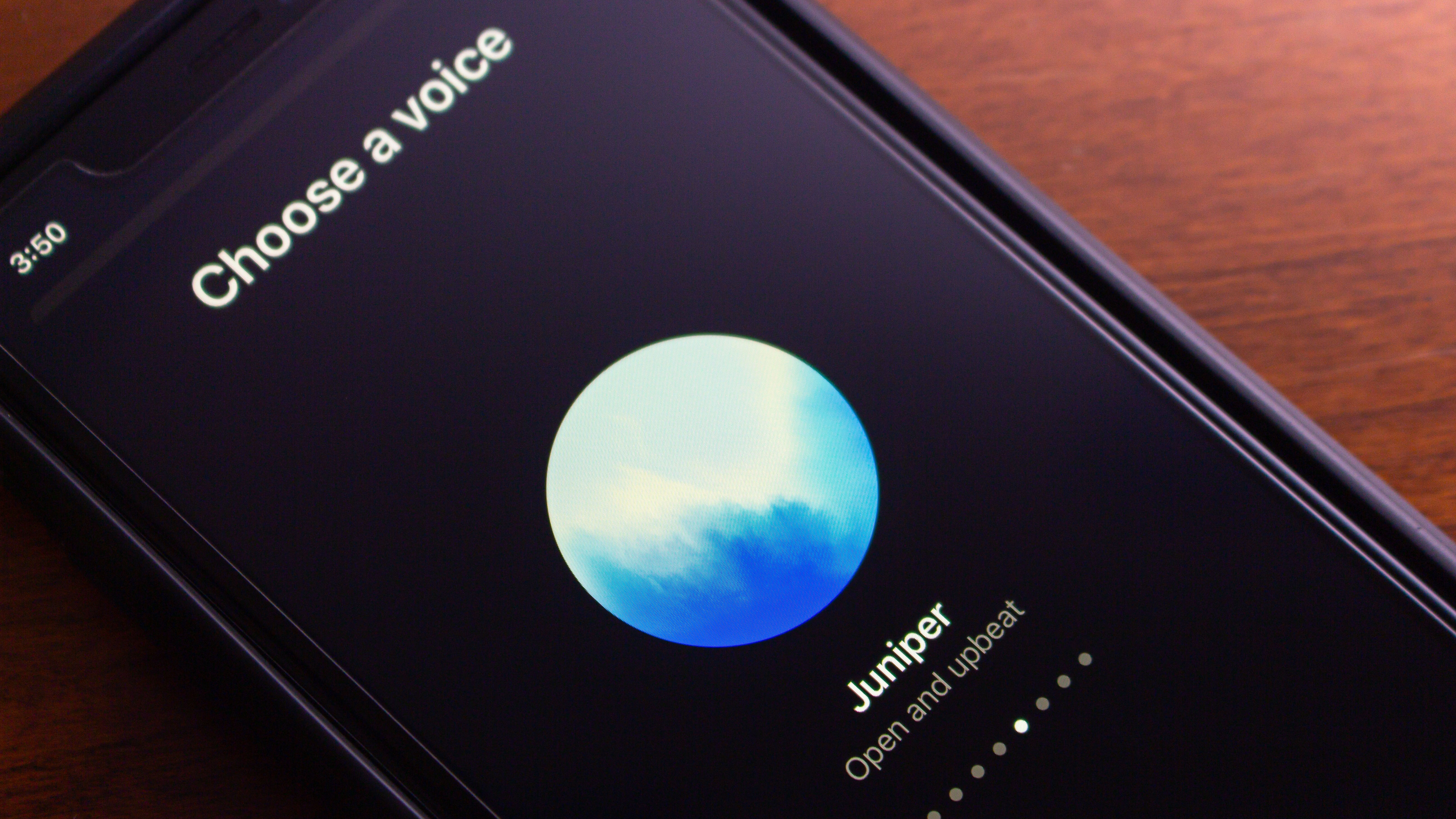AI voice tech is now so good you almost certainly won't be able to distinguish between real and deepfake voices - here's what you need to know
The cost of creating realistic voice deepfakes is now shockingly low

Sign up for breaking news, reviews, opinion, top tech deals, and more.
You are now subscribed
Your newsletter sign-up was successful
- AI-generated voices now mimic humans so convincingly that detection is nearly impossible
- Creating a convincing voice clone now takes minutes and minimal expertise
- Some synthetic voices were actually rated more trustworthy than real human recordings
For years, many people assumed that AI-generated speech could always be identified by its slightly “fake” qualities.
New research from Queen Mary University of London challenges this assumption, showing current AI voice technology has reached a level where “voice clones” and deepfakes are nearly indistinguishable from real recordings.
In the study, participants compared human voices with two forms of synthetic audio: cloned voices designed to imitate real speakers and voices generated from an LLM system without specific counterparts.
Beyond realism and into dominance
Listeners frequently struggled to distinguish between the two, suggesting the technology has entered a phase where human-like realism is no longer an aspiration, but a reality.
The research team investigated not only whether participants could distinguish between synthetic and real voices, but also how they perceived them.
Surprisingly, both types of AI-generated voices were evaluated as more dominant than human ones, and in some cases, they were judged more trustworthy.
Dr. Nadine Lavan, Senior Lecturer in Psychology at Queen Mary University of London, stressed how easily and cheaply her team created these voice clones.
Sign up to the TechRadar Pro newsletter to get all the top news, opinion, features and guidance your business needs to succeed!
“AI-generated voices are all around us now, it was only a matter of time until AI technology began to produce naturalistic, human-sounding speech, the process required minimal expertise, only a few minutes of voice recordings, and almost no money,” she said.
She said that the ease of use shows how far the technology has advanced in a short time.
Such accessibility creates opportunities in fields such as education, communication, and accessibility, where bespoke synthetic voices could enhance engagement and reach.
Just as AI writers raise questions about originality, copyright, and misuse, AI voice generation prompts debates over ownership of identity and consent.
If realistic audio can be created from just a short sample, the risks of unauthorized cloning become difficult to ignore.
As AI tools continue to expand in capability and accessibility, the challenge will be ensuring that benefits are realized without opening new avenues for deception.
Understanding how people respond to these voices is only the first step in addressing the ethical, legal, and social implications of a technology that is no longer futuristic, but firmly present.
You might also like
- These are the best AI website builders around
- We've listed the best AI video editors right now
- Microsoft unveils advanced AI cooling which lowers heat and cuts energy use

Efosa has been writing about technology for over 7 years, initially driven by curiosity but now fueled by a strong passion for the field. He holds both a Master's and a PhD in sciences, which provided him with a solid foundation in analytical thinking.
You must confirm your public display name before commenting
Please logout and then login again, you will then be prompted to enter your display name.